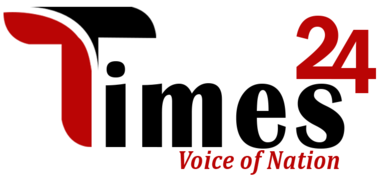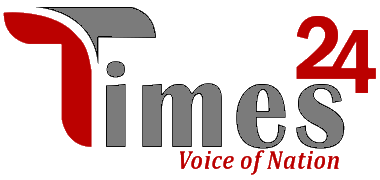Patanjali Ayurved Ltd MD Acharya Balakrishnan also stressed on the “100 per cent purity” of the company’s product.
“It seems to be a plot to defame Indian natural honey industry and manufacturers in a bid to promote processed honey. It further seems to be an international marketing design to promote German technology and machines which cost crores of rupees,” he said.
When contacted for response to the claims on quality checks in the country, FSSAI CEO Arun Singhal told The Indian Express, “Our scientific panel felt that TMR was no longer necessary as specific marker tests (SMR) had been mandated for rice syrup. The Ministry of Agriculture concurs with this view. SMR can detect the presence of rice syrup. Some groups have been advocating the use of NMR machines. NMR happens to be very costly and the volume of testing at present would not make it cost effective for food testing labs. Moreover, our experts feel that the tests, which are mandated, are adequate to detect adulteration and an adequate database is not available yet to utilise NMR technique. In case of exports, NMR machines are used as some countries mandate that only honey certified through NMR is sold within their jurisdictions.”
“We will study the findings published by CSE and take all action necessary to ensure that only pure and unadulterated honey is sold in our country,” he said.
However, Narain said the CSE was not advocating the need to make NMR mandatory as “the Chinese can make syrups that bypass NMR tests next”.
The CSE said it was demanding that import of syrups and honey from China be stopped and that the Indian government should get samples tested using advanced technologies and make this information public so that consumers are aware





